SUMMARY
This is AI generated summarization, which may have errors. For context, always refer to the full article.
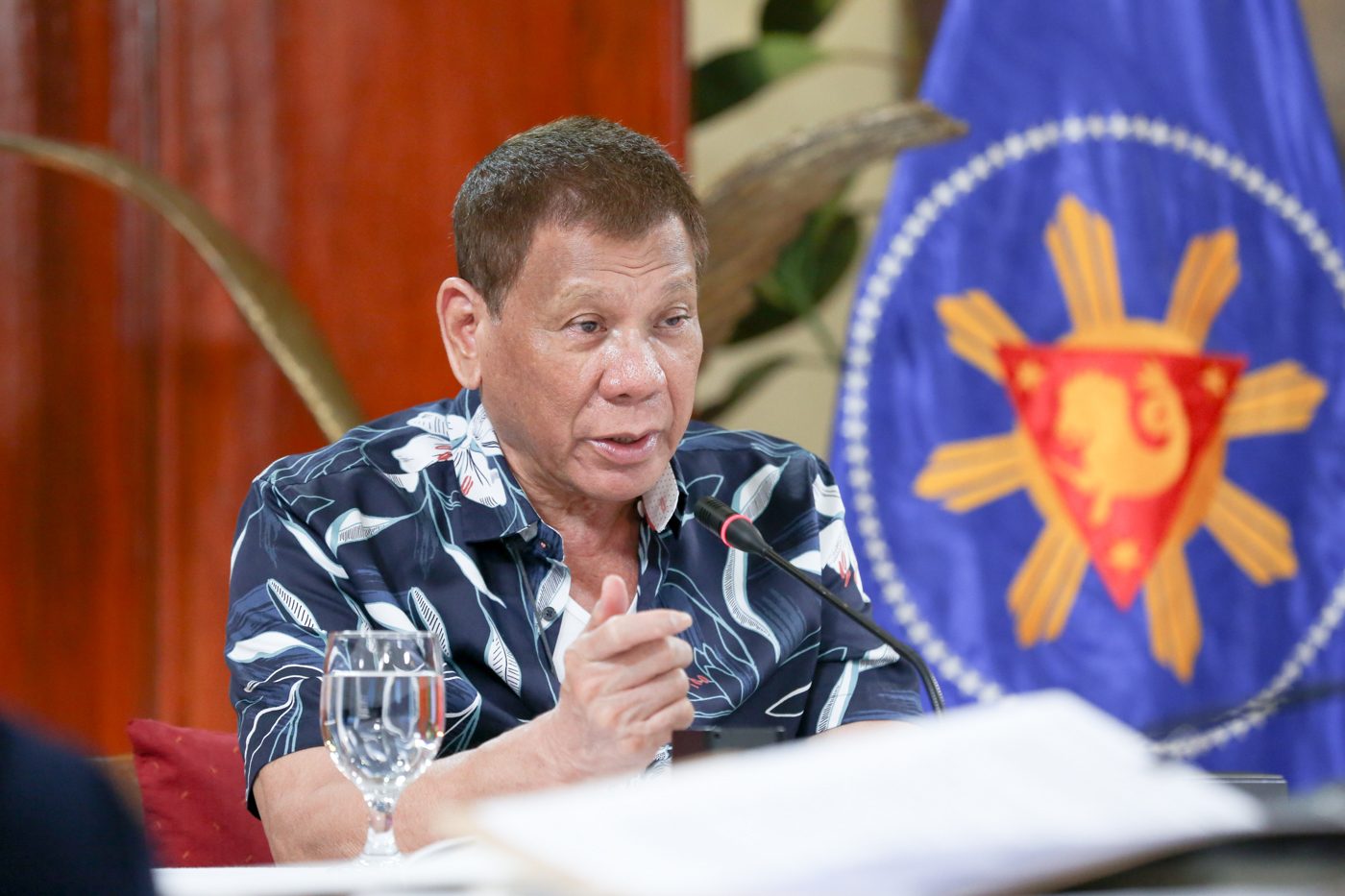
President Rodrigo Duterte vowed on Monday, October 19, to pay back the government’s P930-million debt to the Philippine Red Cross (PRC) after the organization halted its “free” coronavirus testing services for Filipinos last October 14.

Duterte made the commitment in a televised address where he made assurances the government would source the funds needed to settle the Philippine Health Insurance Corporation’s (PhilHealth) outstanding balance to the group.
“Do not worry. We will pay. It will take time, but we will pay. We will look for the money…. Priority natin dito (Our priority here) is really medical equipment, medical attention,” he said.
In an interview with Teleradyo last Friday, October 16, PhilHealth spokesperson Rey Baleña also apologized for the outstanding balance and assured the PRC they would settle their dues.
Why does PhilHealth owe Red Cross?
Under the Universal Health Care Law, the PhilHealth is designated as the “national purchaser” of health goods and services, which cover COVID-19 testing and treatment of all Filipinos.
But as the government is unable to repay the PRC for its services, the group said it “does not have unlimited resources to replenish the testing kits for its laboratories unless PhilHealth, its major creditor, settles its lawful obligations to PRC.”
For now, the PRC said it will only continue to test samples from people who booked its services through their hotlines, private companies, and organizations, as well as local government units and government agencies with their own testing agreements and updated payments.
Why does this matter?
The PRC’s testing services make up a significant portion of the Philippine’s current testing capacity.
It’s also the one of the main groups handling the testing of overseas Filipino workers, medical workers, and other groups part of the Department of Health’s expanded testing protocol, as well as the samples collected from mega swabbing facilities.
Since the start of the pandemic, the group has conducted over 1 million or some 26% of all coronavirus swab tests in the country, and operated 21 of the 147 licensed testing hubs nationwide.
Meanwhile, a Rappler investigative story earlier revealed that the PhilHealth and the PRC entered into a contract deemed disadvantageous to the government, following the advance payment of P100 million ($2.05 million) for PRC’s COVID-19 tests.
State audit rules prohibit advance payments and mandate that parties have to incur costs and render services first before it can be paid back. The PRC maintained that advance payments by the PhilHealth are allowed and that the deal was not disadvantageous to the government. – Rappler.com
Add a comment
How does this make you feel?
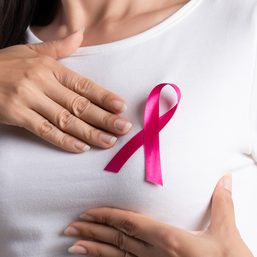
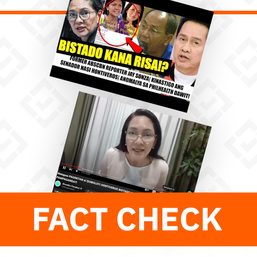

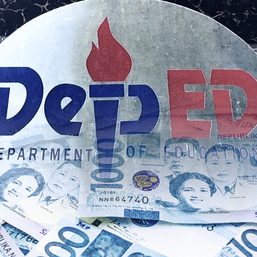
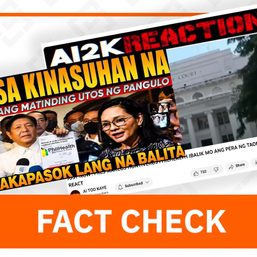

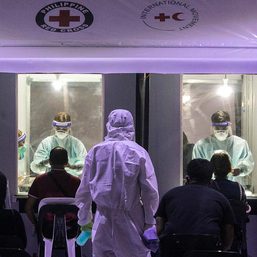
![[OPINION] The need to scrutinize the Philippine Red Cross](https://www.rappler.com/tachyon/2021/10/imho-redcross-sq.jpg?resize=257%2C257&crop_strategy=attention)
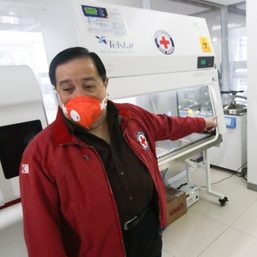



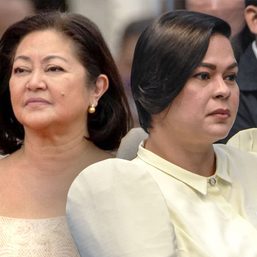
![[OPINION] ‘Some people need killing’](https://www.rappler.com/tachyon/2024/04/tl-some-people-need-killing-04172024.jpg?resize=257%2C257&crop_strategy=attention)
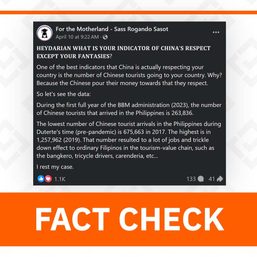
There are no comments yet. Add your comment to start the conversation.